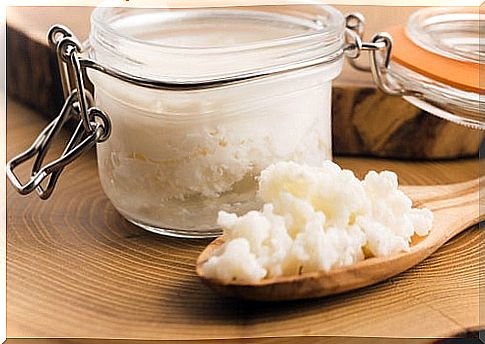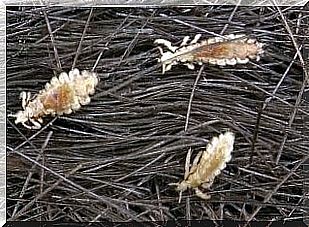Cholera Prevention Through Probiotic Vaccines
Several groups of researchers have developed a vaccine for the prevention of cholera based on the administration of probiotics. According to the World Health Organization (WHO), probiotics are live microorganisms that, when ingested in sufficient quantities, can restore intestinal flora and have beneficial effects on health.
Probiotic consumption and health
After ingestion, these live microorganisms adhere to the walls of the intestine and begin to colonize it. In the case of probiotic foods, the administered microorganisms cause beneficial effects for intestinal health.
In the food industry, the arrival of probiotics brought with it a large increase in income, due to the success of these foods. Among the most consumed probiotics we find fresh yogurt, kefir or sauerkraut.
Among the benefits attributed to probiotics we find the reinforcement of the immune system, the improvement in the absorption of nutrients, the balance of the intestinal microbiota or the prevention of food allergies.
Castañeda (2018) states in his article titled Gut microbiota and child health that:

Cholera
Cholera is a serious intestinal infection caused by the bacterium Vibrio cholerae that colonizes the human intestinal tract and causes devastating symptoms. Millions of people in the world are affected each year by the disease. It is estimated to kill between 21,000 and 143,000 people.
The appearance of the first symptoms can occur between the first hours and 5 days after having ingested food or water contaminated by the causative microorganism. This symptomatology consists of strong vomiting and diarrhea that, if not treated, can cause the death of the affected person.
Cholera outbreaks occur when the bacteria infect sources of water or food that are consumed directly. This occurs with great frequency in underdeveloped countries and areas affected by natural disasters.
At present, cholera prevention is based on the distribution of low-efficacy vaccines. They must be administered frequently and only confer protection against the bacteria for at most two years.
Probiotic vaccines for the prevention of cholera
In this context, two independent research groups, focused on the development of next-generation vaccines, have found two possible alternatives for the prevention of cholera. Both alternatives are based on the same concept: the use of probiotic vaccines.
Vaccines with genetically modified organisms
On the one hand, the team led by scientist Troy Hubbard, from Harvard University School of Medicine, has developed an orally administered vaccine that contains live bacteria from a genetically modified Haitian strain.
This highly virulent strain is called HaitiV and has been designed to colonize the human digestive tract without producing harmful effects. Intestinal colonization by this bacterium protects against infection by virulent strains of V. cholerae .
Some experiments carried out in rabbits demonstrated the effectiveness of the vaccine hours after its administration. The explanation seems to be found in the high and rapid intestinal colonization by HaitiV, which prevents the subsequent colonization of the bacterium that causes cholera, making it a competitive probiotic.
Competitive microorganism vaccines
For its part, the group led by scientist Ning Mao, from the Massachusetts Institute of Technology, discovered that a common bacterium: Lactoc occus lactis , can prevent colonization of the intestine by V. cholerae .
Lactococcus lactis bacteria are a large producer of lactic acid. This substance has been used in the production of various lactic foods, such as butter or cheese.
Experiments carried out in mice showed that inoculation of said lactic bacteria prevented infection with the causative agent of cholera. The reason seems to lie in the ability of L. lactis to acidify its environment. This lowering of the pH in the intestine would prevent infection by V. cholerae.
Encouraging results in the prevention of cholera
Researchers anticipate that the development of probiotic pills or even drinks containing the bacterium L. lactis could be a promising option as a preventive vaccine against cholera.
These promising results, obtained by both research groups, could boost and help meet the goal proposed by the World Health Organization to reduce deaths from cholera by 90% by 2030.








